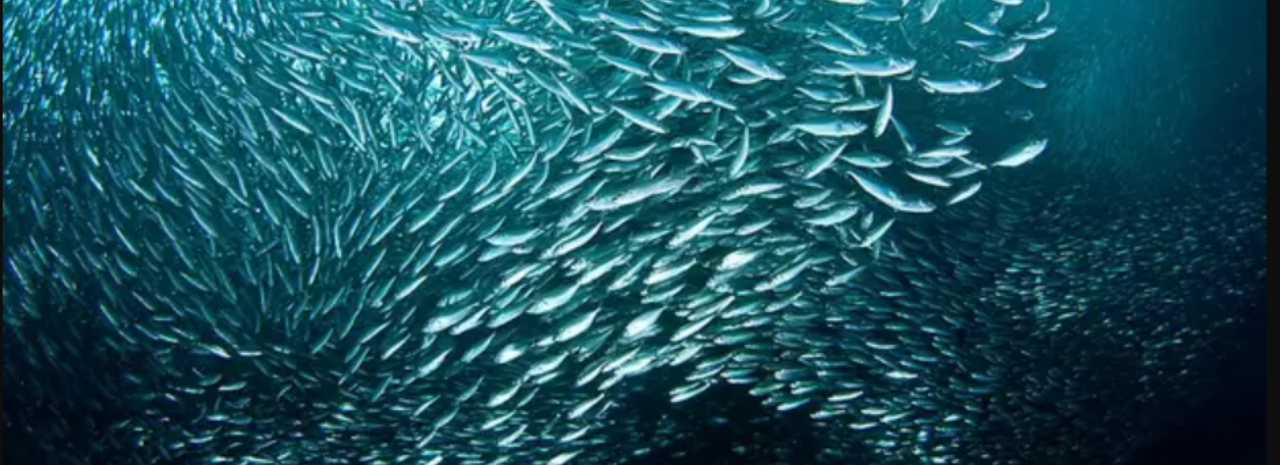
Assessing economics of R5.5b pelagic fishery as rights expire
The pelagic fishery – incorporating anchovies, pilchards and herring – is the largest fishery in South Africa by volume. The fishery plays an important role in the economic development of local fishing communities along South Africa’s coast and is alone responsible for over R5.5 billion in sales annually and 4,800 direct jobs.
Access to fishing rights for the fishery are determined by the Department of Environment, Forestry and Fisheries (DEFF), through the fishing rights allocation process (FRAP). Pelagic fishing rights were last allocated in 2005 and are due to revert to the state in 2020. These, along with a number of other fisheries, will then be subject to a new allocation process.
It is within this context that Oceana Group, Africa’s largest fishing company, approached Genesis to produce an independent economic report on the underlying economics of the pelagic industry to provide a sound basis for meaningful engagement between the industry and DEFF, and ultimately assist informed decision making with respect to FRAP.
The report drew on rigorous economic analysis and extensive engagement with rights holders to assess the socio-economic contribution of the industry, the history of entry and transformation and the key economic characteristics and dynamics of the industry. Based on this, Genesis identified critical design considerations and trade-offs for the allocation process that will need to be carefully balanced by DEFF in the FRAP process if they are to achieve the stated objectives.
Study counts value of deep-sea hake prior to 2020 rights allocation